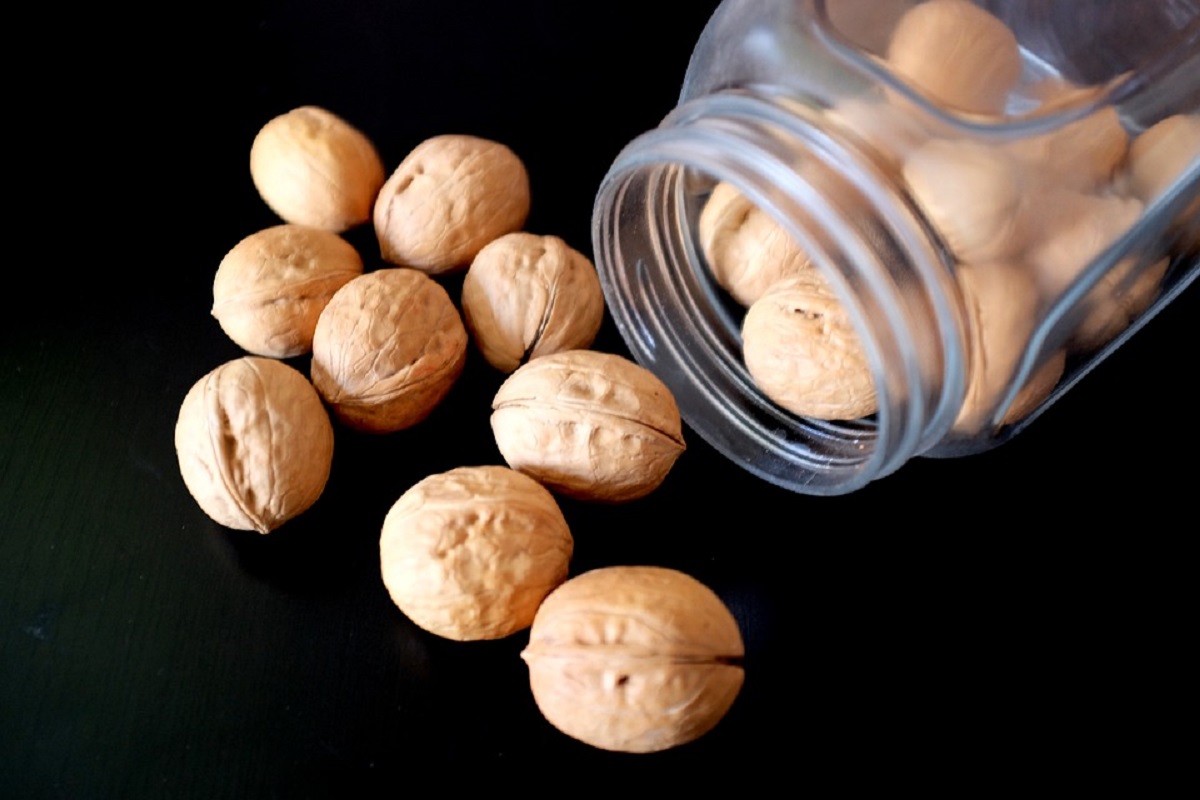
When talking about forbidden foods in childhood, reference is made to certain products that for various reasons are harmful to children. Especially during the first year of life, when the baby's digestive system has not yet finished maturing. As the child grows, all kinds of foods are introduced, however, some must be delayed for some time.
There are even unhealthy products that should not be part of the children's diet, although in that case it is no longer something forbidden, but recommended. In this case we are going to talk about those foods that children should not eat, those foods forbidden in childhood that can be very harmful for children. Do you want to be up to date on what your young children should or should not drink?
Supplementary feeding

From 6 months of age, exclusive breastfeeding becomes the most important food in the baby's diet, but not the only one. Around the sixth month, this can depend a lot on the needs of mother and child, begins complementary feeding. This involves a long process in which the baby will gradually begin to taste food.
For about two years, you will have to go incorporating new foods into your baby's diet. First the easiest to digest and later all kinds of foods will be introduced. The pediatrician will give you some guidelines, but if you want to know more about the introduction to food, do not miss the advice that you will find in this link on types of complementary feeding.
Forbidden foods in early childhood
Some foods can be very dangerous for the health of the baby, however natural they may be. Those foods that can be safely eaten later, in the first and even second year of life, pose a serious health risk. These are prohibited foods in early childhood.
- Honey: In babies under one year the consumption of honey is totally prohibited by the risk of botulism.
- Cow milk: The consumption of cow's milk should be delayed until at least after the first year of life, although the consumption of yogurts and derivatives if allowed.
- Large blue fish: Large blue fish, such as swordfish, bluefin tuna, dogfish, or shark, contain large amounts of heavy metals like mercury. Therefore, it is advisable to delay the consumption of this type of fish until at least three years.
- Dried fruits: In this case, the prohibition resides in the way in which the food is taken, since there is a serious risk of choking. As long as they are well crushed, children in early childhood can take nuts.
- Bushmeat: This type of meat may contain traces of lead ammunition, a very dangerous substance that can cause serious brain damage. Hunted meats should not be consumed by children under 6 years of age.
- Sugar: The consumption of sugar should be delayed for as long as possible, since its long-term effects are very negative. The longer the sugar or sweeteners are removed the better, because the child cannot miss something that he does not know. If she is used to having unsweetened yogurt, she will never ask for it even when she is older.
- Salt: Another product that should be eliminated from the diet of children throughout childhood. At the very least, cut back on salt, hot peppers, and flavorful spices. You also have to be careful with products with high salt contentsuch as packet soups, bouillon tablets, or canned foods.
These are foods in principle natural, that after a few years children will be able to eat without any risk, but that in early childhood they should be eliminated as dangerous. But let's not forget to eliminate other unhealthy products, such as bag snacks, industrial pastries, soft drinks or sweets. All of them, products of very low nutritional quality that contribute to childhood obesity and derived diseases.
